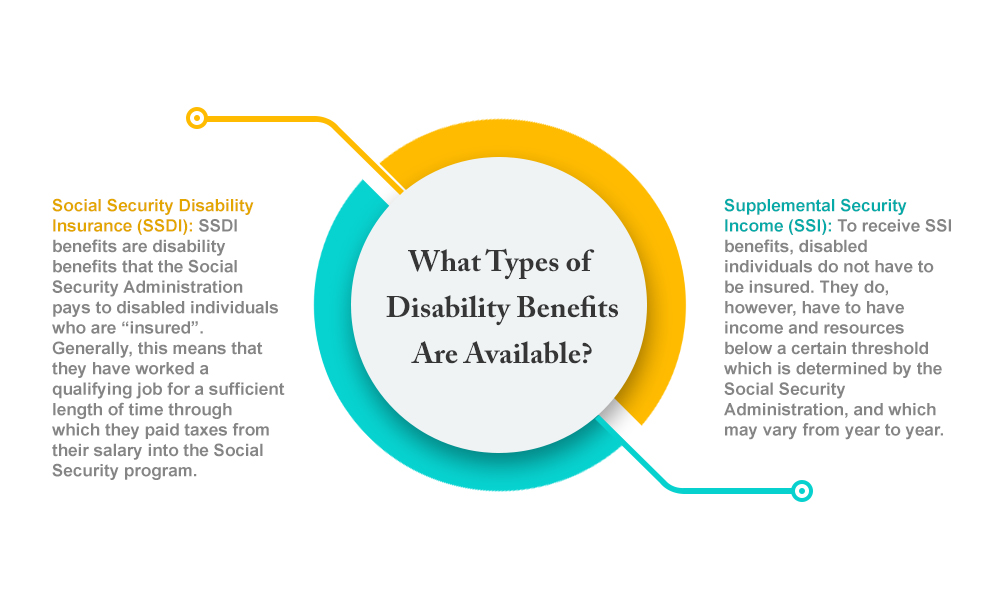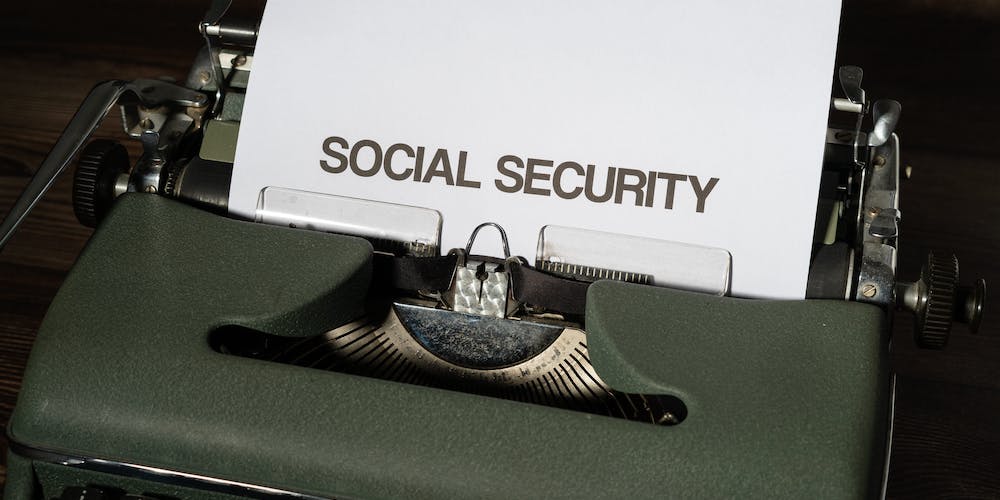If you suffer from a bipolar disability, you may have arrived at this page wondering if you qualify for disability benefits because of your condition – and if so, how much money you might receive. These are reasonable and important questions to ask. Particularly if your condition prevents you from working and earning an income as you otherwise normally would, you may be experiencing a considerable amount of financial stress. Let’s take a closer look together at the benefits that may be awarded for bipolar disorder.

What Types of Disability Benefits Are Available?
As many people know, the Social Security Administration provides benefits to disabled individuals if certain conditions are met. Generally, there are two types of Social Security disability benefits:
- Social Security Disability Insurance (SSDI): SSDI benefits are disability benefits that the Social Security Administration pays to disabled individuals who are “insured”. Generally, this means that they have worked a qualifying job for a sufficient length of time through which they paid taxes from their salary into the Social Security program.
- Supplemental Security Income (SSI): To receive SSI benefits, disabled individuals do not have to be insured. They do, however, have to have income and resources below a certain threshold which is determined by the Social Security Administration, and which may vary from year to year.
To receive either type of disability benefit, an applicant must be able to prove, through sufficient medical evidence and other necessary documentation that he or she has a qualifying medical disability that has rendered him or her unable to work for at least one full calendar year.
In addition to Social Security disability benefits, individuals may also have short-term and/or long-term disability insurance policies which will provide benefits in the event of a qualifying disability. These policies may have different terms and conditions, and they can be purchased privately, or provided by an employer. Regardless of which type of benefit you feel that you may qualify for, consulting with an attorney who knows and understands the law is always advised.
Is Bipolar Disorder a “Disability”?
As noted, the Social Security Administration awards disability benefits for “qualifying” disabling conditions. Does bipolar disorder qualify as such a condition? The short answer is “maybe”. In determining whether or not a condition qualifies for disability benefits, the Social Security Administration typically consults its “Blue Book” which is a comprehensive listing of various medical conditions that are considered to be disabilities and their accompanying symptoms.
The good news for those hoping to qualify for disability benefits is that bipolar disorder is listed as a disabling condition. In addition to establishing through medical evidence that your condition meets the description outlined in the Blue Book, you must also be able to prove that your condition has rendered you unable to work for at least one calendar year or more. If you can establish these two factors, you greatly increase your chances of being approved for benefits.
How Will Your Benefits Be Calculated?
As you attempt to determine how much you might receive in benefits from the Social Security Administration, it’s important to keep in mind that the amount you receive will not be dependent upon your condition itself. Bipolar disorder isn’t worth “more” than depression, for example. This means that whether you have bipolar disorder, or another condition that renders you disabled, the method that the Social Security Administration uses to calculate benefits will remain the same.
In calculating your benefits, the SSA will review your previous employment earnings over a period of time, and determine a figure known as your “Average Indexed Monthly Earnings,” or AIME for short. That amount will then be placed into a formula that helps to determine your Primary Insurance Amount (or PIA). Your PIA is then used as a basis for awarding benefits. SSDI payments usually range from an average of $800 to $1800 per month, although those amounts vary depending on your unique circumstances.
Those who are interested in learning more about how to calculate what their potential monthly benefit might be can also always use the Social Security Administration’s online benefits calculator to get a general idea of the benefits to which they may be entitled.
Liner Legal – Your Disability Benefits Team
If you struggle with bipolar disorder, you already know that it’s a difficult condition to live with. Living with this condition and seeking the treatment you need probably already consumes plenty of your time. You don’t need any additional stress – and you certainly don’t need to worry about how you’ll assert your legal rights and pursue the benefits you need and deserve. Instead, you can turn to the talented and experienced team of disability attorneys at Liner Legal. When you do, you can rest assured that you are putting your case in excellent hands. We’ll fight for you every step of the way, and we’re ready to get started. Give us a call today. We look forward to speaking with you soon.







